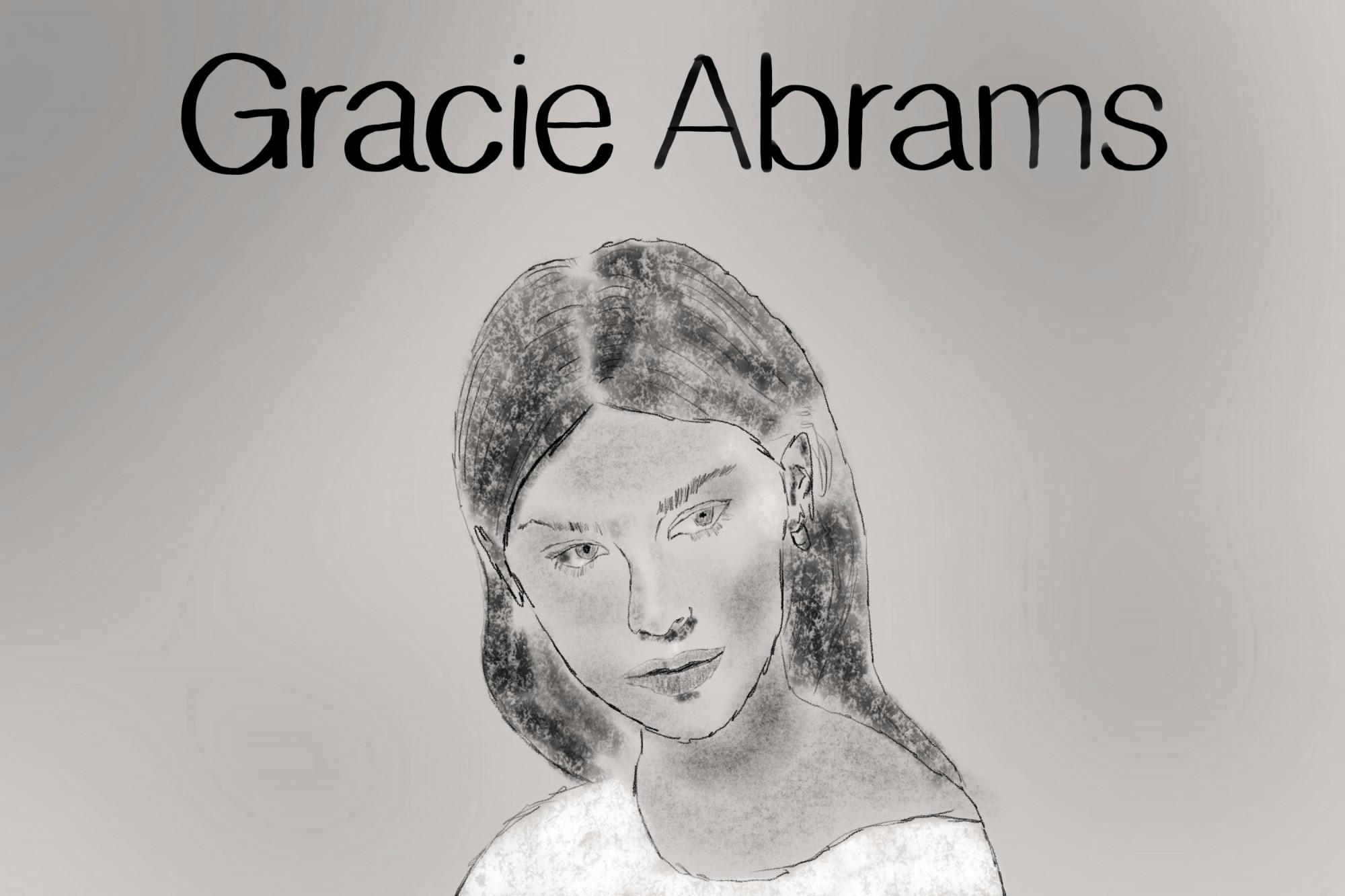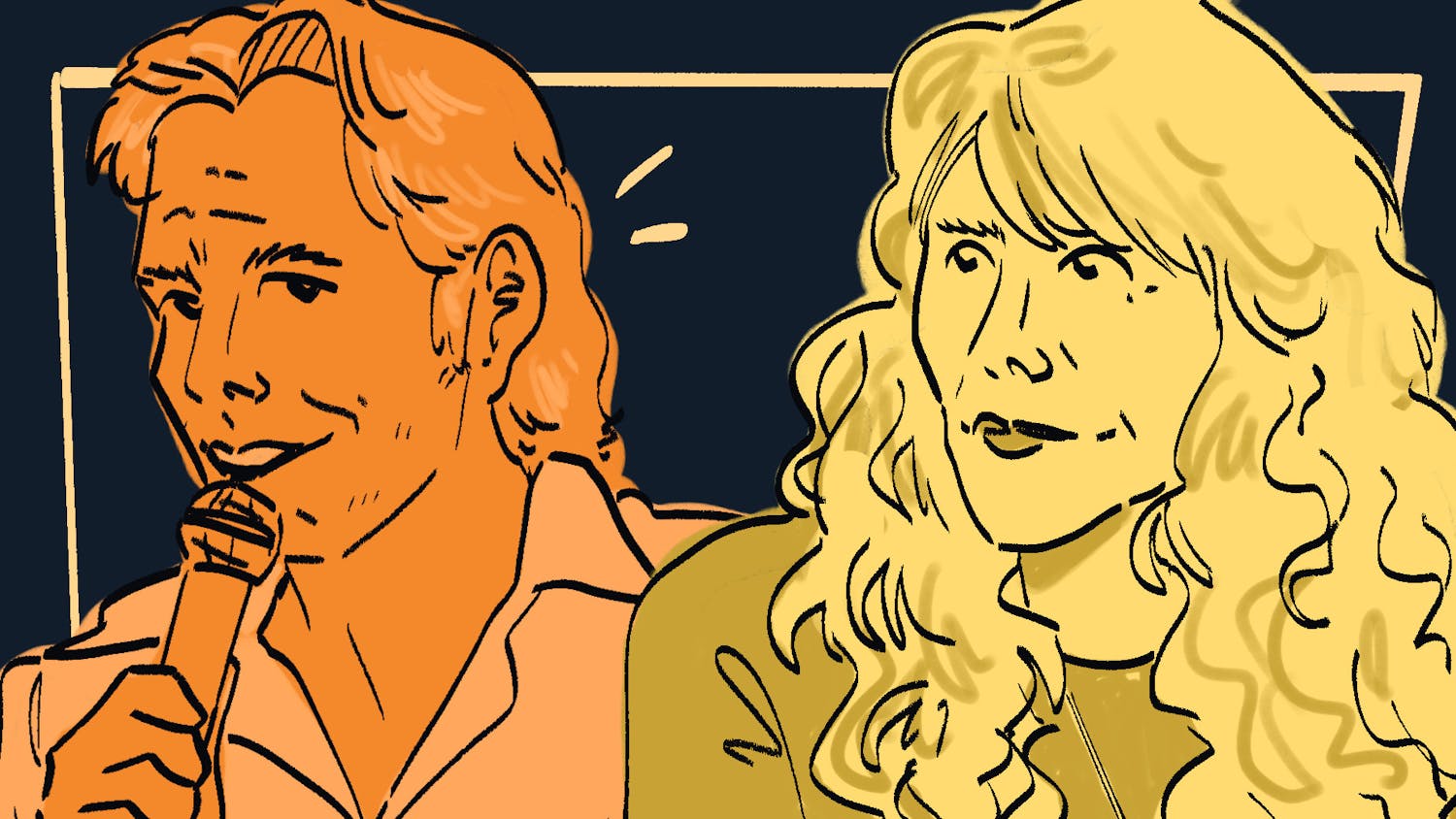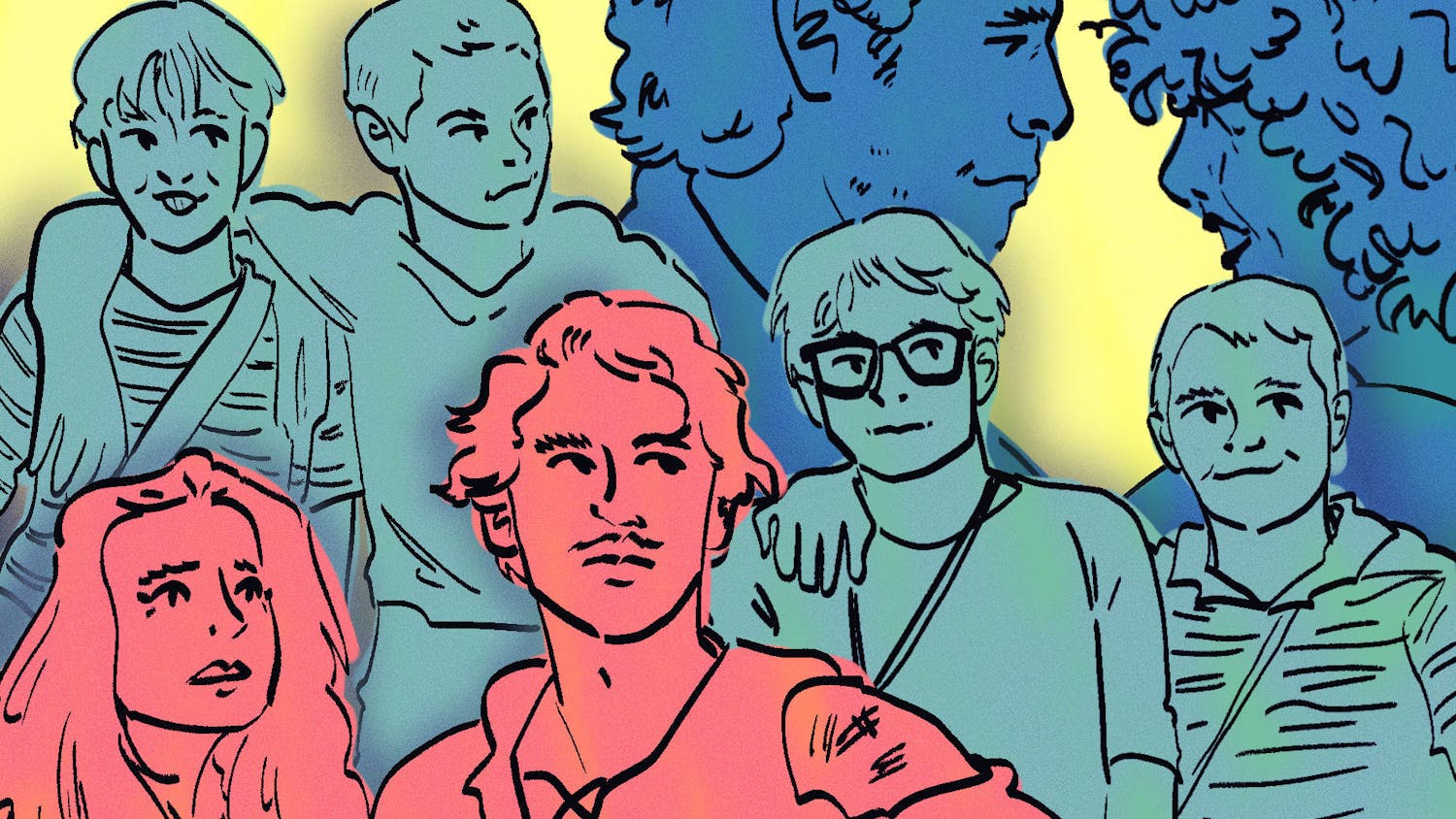Gracie Abrams’s debut album “Good Riddance” captures the feelings of responsibility and powerlessness that come after accepting that you were the problem in a situation. This honesty is heartbreaking — as Abrams creates songs of acceptance and loss that anyone can relate to. As a fan of similar artists, I immediately connected to her lyricism: Her vulnerability is unmatched as she reflects on what it feels like to be the villain in a relationship. Released on Feb. 24, 2023, this is Abrams’s first full album, following a series of successful singles and her “This Is What It Feels Like” EP, which was released in November 2021. Abrams has been steadily growing in popularity with her well-received singles — including “I miss you, I’m sorry” and she is going to be opening for the Taylor Swift Eras Tour at certain tour locations.
“Good Riddance” means surrendering to change . . . a lot of the album is about walking away from versions of yourself that you stopped recognizing,” Abrams said in a black-and-white video interview with Spotify. The idea of moving on and letting go of damaged versions of yourself is beautifully captured in the mature honesty of Abrams’s storytelling.
“Where do we go now?” quickly became a favorite of mine after its release on Jan. 13. It perfectly captures the fear and uncertainty within the album. Abrams tells the story of hurting someone she loves and not knowing where to go from there. The bridge has a captivating emotional build with the lyrics: “‘Cause now I’m half of myself here without you, you’re the best in my life and I lost you, and we had no control when it fell through, it was one-sided, hate how I hurt you.” I love that Abrams’s songs address the reality of hurting someone — it’s a perspective that is not written about as much as other forms of heartbreak.
Another song that captures these emotions beautifully is the first track “Best” with a slower, more repetitive, energy. Abrams is honest and heartbreaking, showing what it’s like to reflect on the situation where she made the mistakes. She also leaves the reason for hurting the other person up for listener interpretation. Lyrics such as “We were too different, you were so sensitive. Gave me the best of that, I was so negligent. Now, I feel terrible 'bout how I handled it,” show the emotional reality of a situation that people can relate to for a variety of reasons.
“Right now” tells a different story of nostalgia and hope for the future. As another one of my favorites, this song feels so healing and self-reflective. It’s extremely fitting as the last track on the album because it feels like a bunch of memories playing back. Some of my favorite lyrics come from this song: “I’m so high, but can't look down, left my past life on the ground, think I’m more alive, somehow. I feel like myself right now. I’m so tired, but can’t sit down. What if this is it for now?” This is the song that I keep repeating on the album because of the idea of doing well but being unable to look down or stop moving. I love the bittersweet reality of this song as Abrams shows growth and what it means to move on.
“The blue” captures moving on after all of the emotional damage from situations captured in “Where do we go now?” and “Best.” This has become one of my favorite love songs as it shows the fear and unpredictability of forming a new relationship. With its slow melody, soft guitar and heavy downbeats in the chorus, the lyrics stand out beautifully. Lyrics like “I know I’d let you in. On all my bad decisions. You’d make them feel less terrible” call back to previous tracks in which Abrams reflected on her bad choices. This song captures the feeling of opening up after being closed off.
Abrams’s lyrics in this album are specifically applicable because she leaves just enough of the story up for the listener's interpretation. For example, “Difficult,” the first single from the album, captures the complicated emotions of Abrams feeling “difficult” in every aspect of her life. Lyrics in the chorus “Oh, I hope. I wake up invisible. I’d be someone no one knows. I guess I’m just difficult” tell the story of feeling like the problem beyond just hurting people. This song, like “Where do we go now?” and “Best,” leaves the “problem” up for interpretation. For whatever reason, listeners can connect to the feeling of responsibility and powerlessness.
Abrams’s overall use of repetition and build throughout her songs characterizes the feeling of her music. At the end of many of her songs, you’ll find her repeating the main line of the song in a crescendo of emotion. For example, “Best” ends with “I never was the best to you” and “The blue” ends with “You came out of the blue like that” repeated multiple times throughout the outro. Abrams’s general songwriting is also exceptionally well done as with each additional listen, new beautiful lyrics jump out.
The only part where I wish Abrams had pushed this album further was in its production. A clip of a solo acoustic version of “This is what the drugs are for” shows the vulnerability in Abrams’s voice and lyrics. But, the actual album can blur together with its production and Abrams’s soft voice. I would be excited to see more variety in each song’s production or more instrumentals in some of the songs. Still, within this genre of alternative-indie songwriting, Abrams’s music definitely stands out.
“Good Riddance” is a vulnerable reflection on personal accountability and growth. This album specifically stands out because of Abrams’s mature honesty in her storytelling. In her beautiful storytelling, Abrams captures the heartbreak of taking responsibility for your mistakes and the challenges of moving forward.
Rating: ★★★★☆

Elle Muller is a ’24 from Tucson, Arizona. She is double majoring in English and creative writing & theatre. At The Dartmouth, she served as the news executive editor for the 180th Directorate. Before that, she wrote and edited for Arts. In addition to writing, Elle is involved with dance and theatre at Dartmouth.




